Revolutionizing Winemaking: The Impact Of AI Tasting Technology By Tastry
In the past, winemaking was largely a game of intuition and experience, with wineries making crucial decisions about production and sales based on subjective judgments. The lack of concrete data often left winemakers navigating in the dark, trying to create wines that would resonate with the market’s evolving tastes.
The stakes are high in the wine industry, where each season presents a unique opportunity for wineries to craft exceptional vintages. In this highly competitive landscape, an increasing number of winemakers are turning to predictive technologies to better understand and cater to consumer preferences, aiming to enhance their offerings and boost profitability.
The Dawn of AI In Winemaking: Tastry’s Breakthrough
Tastry, a pioneering sensory sciences company from California, is at the forefront of this transformation. By integrating machine learning and sophisticated chemistry techniques, Tastry has accomplished something remarkable: teaching artificial intelligence to “taste.” This innovation is reshaping the wine industry, offering valuable insights to both winemakers and retailers about consumer wine preferences.
I had the opportunity to speak with Katerina Axelsson, the Founder and CEO of Tastry, about how her company leverages artificial intelligence to not only recommend wines to consumers but also guide wineries in product development.
Tastry’s Innovative “Tasting” Techniques
Tastry’s approach involves a detailed chemical analysis of numerous wine samples, deciphering their aroma and flavor profiles. The company also identifies individual consumer palates through a unique quiz available in stores or on their app, akin to identifying a person’s fingerprint.
Utilizing these two comprehensive datasets — consumer palate profiles and wine characteristics — Tastry’s AI can predict consumer preferences with an astounding accuracy rate of over 92%. This technology offers invaluable science-backed insights to consumers feeling lost in a sea of wine choices, as well as to winemakers and retailers seeking to tailor their offerings based on real customer data.
Enhancing Consumer Experience with Tastry
Tastry recognizes the uniqueness of each individual’s taste experience. Through their app, BottleBird, users undergo a “palate survey” quiz that delves into their taste and smell preferences, encompassing a range of flavors from coffee to tobacco and vinegar.
BottleBird then employs AI and scientific understanding of one’s personal palate to generate tailored wine recommendations. This sets Tastry apart from other apps like Vivino, which rely more on historical purchase and rating data.
The app alleviates the overwhelm consumers often face when selecting wines in stores, restaurants, bars, or wineries. Their tagline is: “Never waste money on a bad bottle again.” The app also enables users to find wines highly suited to their friends’ tastes, perfect for gifting.
Aiding Winemakers In Crafting Exceptional Vintages
Tastry has identified the struggles of small to medium wine producers in gaining visibility in the saturated wine market, especially those with limited marketing resources.
Tastry’s mission includes assisting winemakers in optimizing production costs and enhancing their product lineup by providing detailed wine chemistry data. This data helps winemakers align their products more closely with consumer tastes. Additionally, Tastry provides sales teams with insights for more effective targeting and distribution strategies.
The BottleBird app also offers wineries the chance to connect with new customers across various demographics and lifestyles. Utilizing the app leads to a 45% increase in consumer satisfaction with their wine purchases, which can significantly boost customer satisfaction scores for wineries engaging with Tastry.
Alexandre Remy of Atlas Wine, a Tastry customer, praises the company:
“Tastry helps me use real data to make decisions at Atlas. They bring not only AI, but their advanced lab methods allow me to match up consumer data with my operations. It’s like a compass pointing me in the right direction. Tastry builds a bridge between the winery’s goals and the consumer’s needs.”
Retailer Benefits From Tastry’s Insights
Wine retailers are also reaping the benefits of Tastry’s AI-driven insights. By providing localized, personalized recommendations through in-store kiosks, smart shelf labels, shopping apps, and e-commerce platforms, Tastry enhances the wine shopping experience. Retailers can optimize their product mix using real-time inventory performance dashboards, improve customer satisfaction, and increase the likelihood of return customers. Tastry’s technology can also demystify the wine shopping experience, helping customers quickly find wines that are the perfect fit for them.
Tastry reports that their insights can lead to a 20% increase in gross sales for wine retailers.
The Expanding Horizons Of AI Tasting
Tastry’s application of AI in “tasting” removes subjectivity for consumers eager to find wines they love and for wineries and retailers aiming to understand and meet consumer demands.
Katerina Axelsson highlighted that Tastry’s technology has proven effective not only for wines but also for other products like fragrances, beer, spirits, coffee, and even hot sauces. Discussing future directions, Axelsson emphasized the growing importance of hyper-personalization in a world overwhelmed with choices. Tastry’s model of “singularization” aims to provide highly accurate, personalized recommendations, a trend she believes will become a consumer expectation.
As companies increasingly adopt insights from firms like Tastry, they gain a significant competitive edge in the market.
For more, watch my interview with Katerina Axelsson, Founder and CEO of Tastry, and to explore the evolving landscape of AI in winemaking:
Wine Sections
Some of my most memorable wines
2021 Pouilly-Fuissé by Olivier Merlin, Burgundy

£359.40 – 12 bottles
2021 Provence Rosé by Château la Mascaronne

£75.42 – 6 bottles
1995 Château Latour, Pauillac, Bordeaux

£6,100.00 – 1 case
2017 Chateau Lafite Rothschild Premier Cru Classe

£3,310 – 3 bottles
2003 Hobbs of Barossa Ranges, Gregor Shiraz, Barossa Valley



